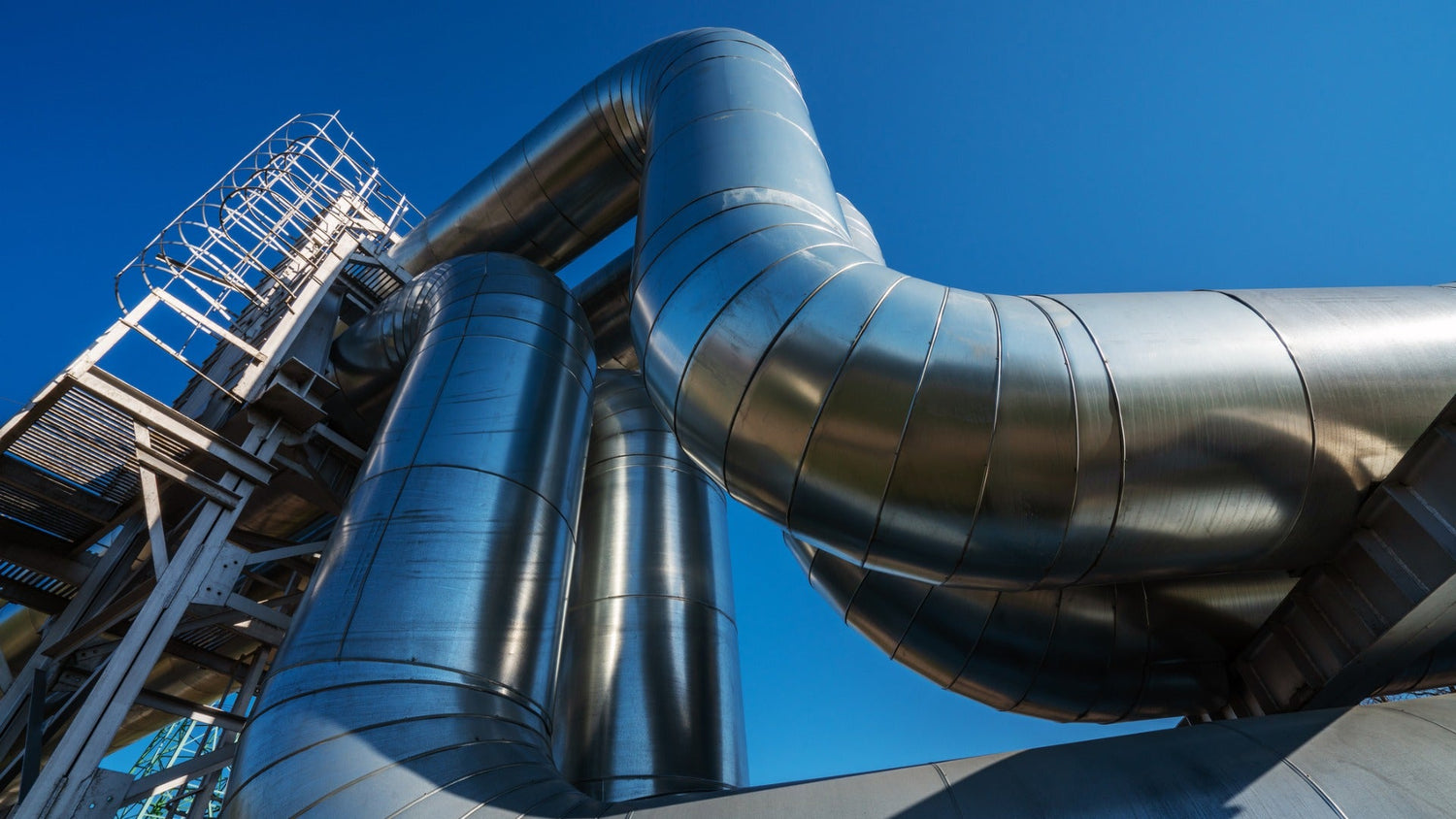
Opportunities In Natural Gas Storage
End users and industrial businesses are sometimes hindered by the lack of pipeline infrastructure, which restricts their access to natural gas supplies in Mexico. This presents an opportunity for potential growth, as both Mexican and foreign investors can seek to develop this necessary infrastructure.
Midstream Infrastructure in Mexico
Mexico has about 5,500 miles of pipelines dedicated to natural gas, compared to Texas, which has about 58,000 miles of natural gas pipelines. Because of the cost savings associated with transporting natural gas via pipeline, instead of via ground transport, the Mexican government has an incentive to consider the expansion of its energy infrastructure. Private firms can invest in pipeline development and must obtain permits to construct and operate the pipelines through CRE.
While building out pipeline infrastructure might cost time and a high amount of financial investments, the opposite is true for projects involving storage. Small to medium private companies can invest in storage by obtaining permits from ASEA, the National Agency for Safety, Energy, and Environment of Mexico, and CRE, Mexico's Energy Regulatory Commission.
Infrastructure Gaps Exist in Storage
Currently, Mexico has not developed a strategy to address natural gas storage infrastructure gaps. Today's LNG storage capacity is limited and expensive. In March 2018, Mexico's storage policy was updated to require CENAGAS to have 45 Bcf of natural gas storage in six years. Private sector actors can fill the storage gap so that Mexico can better manage natural gas price fluctuations.
Mirage Energy plans to invest about USD 1 billion in developing Mexico's first underground natural gas storage. The Progreso Pipeline, originating in Texas, as well as the Arguelles Pipeline in Mexico, will be the conduits to supply and extract natural gas from the network. This bidirectional capability means that both suppliers and end users can connect and benefit from the storage system.
Mirage Energy will complete this project on the Brasil field, located on the northern border of Mexico. In about a decade, the facility will have the capacity to store 786 Bcf of natural gas for both commercial and state users.


